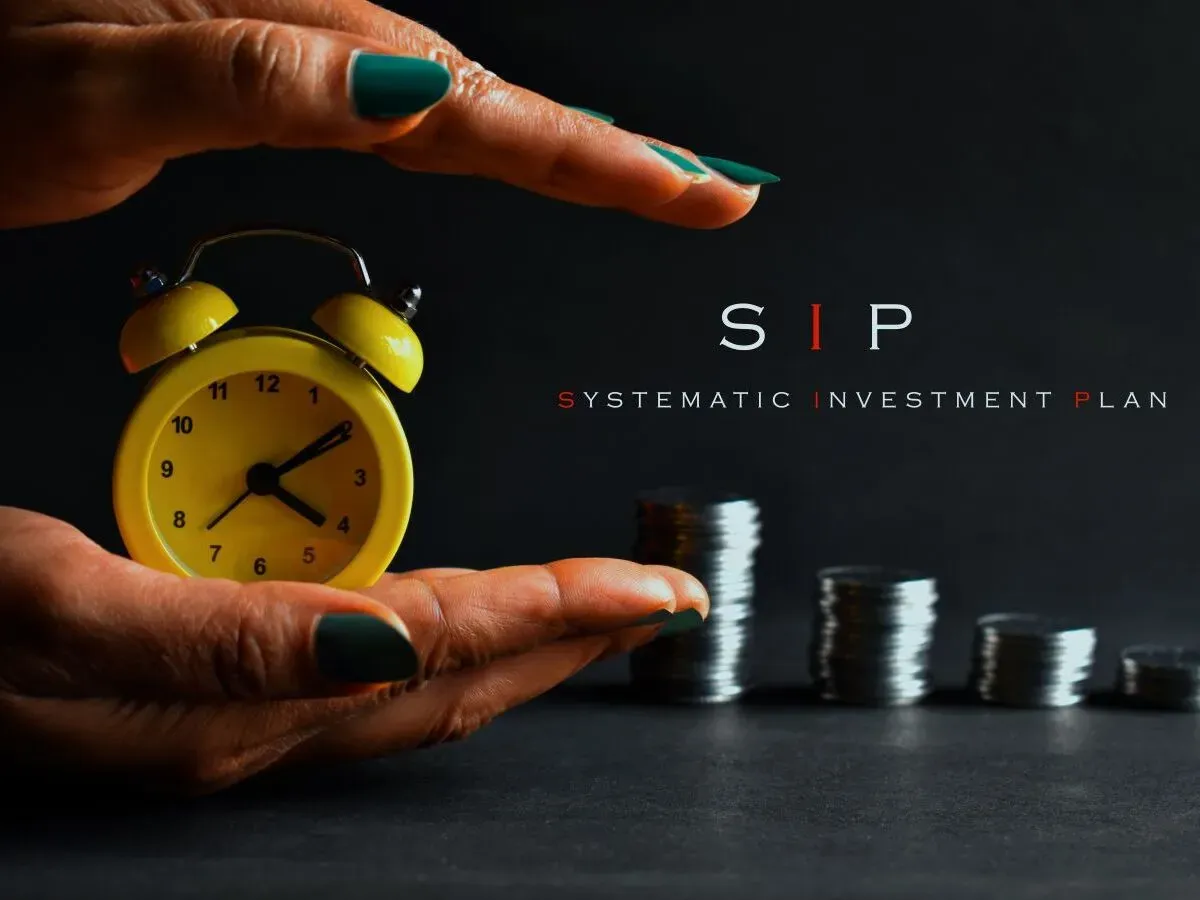Personal Finance News
How can I find mutual funds that will consistently deliver 10-15% returns?

6 min read | Updated on July 10, 2025, 08:47 IST
SUMMARY
A fund may do well in a year and underperform in the next. There are various reasons for this. For instance, the fund manager's abilities and investment style, market cycles, external economic/business situations affecting the stocks in which the fund has invested, and much more.

Following the best practices can hel you find funds with better returns. | Representational image source: Shutterstock
Santosh Dwivedi has been investing in mutual funds for the last five years. He selects funds doing well at the time of investment, but gets disappointed as they start lagging behind others after some time.
After all these years, Mr Dwivedi is wondering if there is a way to find funds that would consistently deliver 10-15% returns.
"I have been an MF investor for the last 5 years. Generally, I select the funds doing well at the time of investment, but after some time, approximately one year, they lag behind others. I want the funds to give a 10 to 15% consistent return, but I could not identify," Mr Dwivedi shared in an email with us recently.
"If you can help me by suggesting a few best funds that I need, it will be highly appreciated. What are the key parameters to select the best-performing fund?" he added.
Although Mr Dwivedi shared limited details, his message highlights several key flaws in his investment approach.
-
He selects funds based only on their past performance.
-
It seems he frequently switches funds when returns do not meet his expectations.
-
He is not looking for funds that will help him reach his financial goals. Rather, his focus is only on high “10-15% returns”.
Let's look at each of the above one by one, why they are wrong, and what he can do about them:
First, selecting funds based only on past performance
This is wrong, as past performance is never a guarantee of future returns.
A fund may do well in a year and underperform in the next. There are various reasons for this. For instance, the fund manager's abilities and investment style, market cycles, external economic/business situations affecting the stocks in which the fund has invested, and much more.
Instead of selecting funds based only on past performance, Mr Dwivedi may follow some of the following best practices for better results:
-
Select funds based on goals: For instance, equity mutual funds for long-term goals, debt funds or other debt instruments for short-term goals, and liquid funds for very short-term goals. etc.
-
Invest in equity mutual funds only for long-term goals, not for short-term returns in 1-2 years. Staying invested for 7 years or more in an equity mutual fund is recommended by most experts for decent returns.
-
Select funds that have seen multiple market cycles over the years and yet delivered consistent returns.
-
Select funds that have performed well against their underlying index over the years. This can be checked through the information ratio of the fund. (Learn more about this ratio here
-
Study the fund manager's performance history and investment style. The track record and guiding principles or the investment philosophy of the mutual fund AMC may also be looked at before investing.
-
Do proper asset allocation. Do not invest only in equity mutual funds. Ideally, investors should diversify their investments across a mix of equity, debt, and gold depending on their future goals. This also helps when the market cycle is not according to the investor’s liking.
-
For the equity mutual fund part in his investment portfolio, he may go for large-cap index funds if he finds it difficult to select active equity mutual funds. Index funds are easy to choose and generally deliver returns closer to the performance of their indices.
Second, switching funds quickly
This is generally not good for equity mutual fund investors. Markets generally move in cycles. A fund delivers better returns when the market cycle is favourable to stocks in which the fund has invested.
Moreover, every fund manager has a distinct style of investing. One style may become a hit in one market cycle and flop in another. However, as the market cycle keeps revolving, every style gets a chance to shine from time to time.
The top-performing equity mutual fund in a year may underperform the next year. This is true for all mutual fund schemes.
There is not a single equity mutual fund scheme that has remained the top-performer for a very long time, say 7-10 years, consistently. Yet, many equity mutual funds have generated over 10-15% returns in 7-10 years.
Mr Dwivedi should not switch funds frequently. Rather, he should watch the fund managers’ moves. If they are sticking to their investment style and there is no major issue affecting the fund house, then he should give the fund some more time, maybe till the next market cycle, before switching.
Third, chasing high 10-15% returns
Now, this is the trickiest part about equity mutual fund investment that many investors do not understand.
No one can predict funds that will consistently deliver 10-15% returns. The returns of mutual funds that you see are returns from the past. They do not indicate future returns.
An equity mutual fund will deliver high returns if its underlying assets, or the stocks in which it has invested, are also doing well. But the performance of stocks is dependent on multiple factors.
Nevertheless, if you have selected a good fund and the economy and the markets do well during the investment period, then the chances of it delivering 10-12% or more returns are high.
Instead of chasing returns, Mr Dwivedi should look for funds that will help him achieve his short and long-term financial goals. He may also consult a SEBI-approved investment advisor for guidance.
Related News
By signing up you agree to Upstox’s Terms & Conditions
About The Author
Next Story



